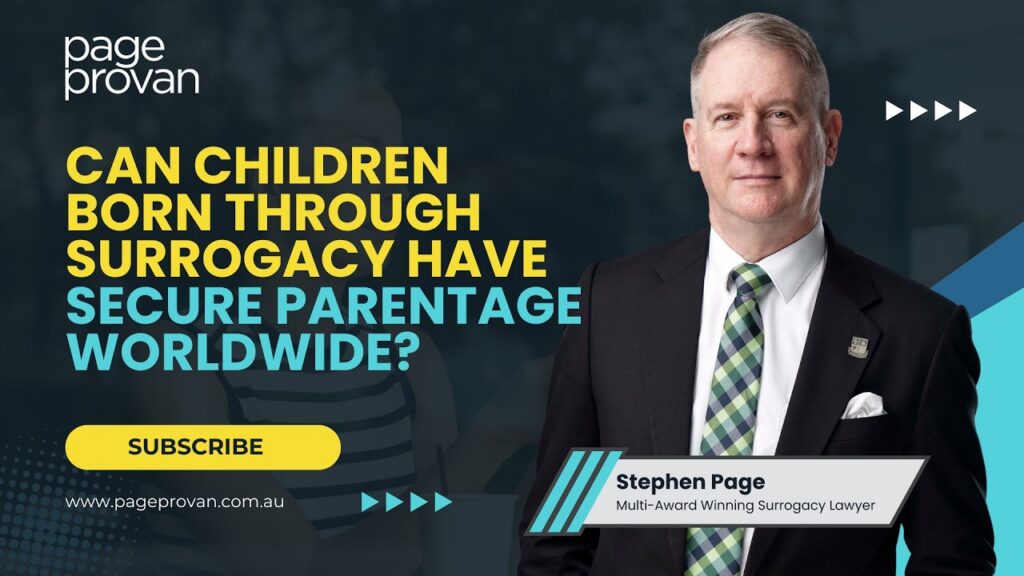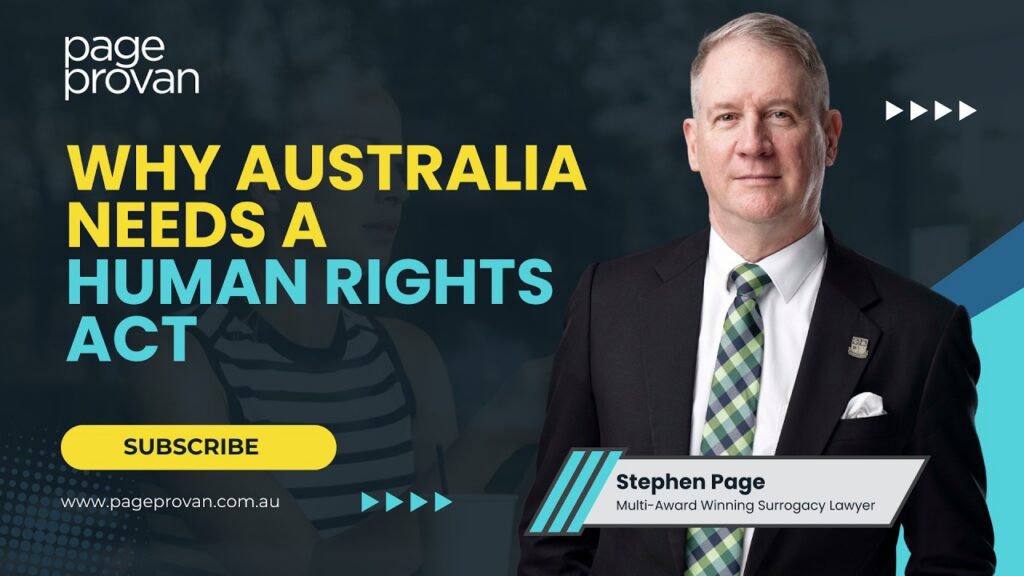Federal Magistrates Court: s.79(8) Family Law Act
In the recent Federal Magistrates Court case of Healy and Healy, the court had to consider section 79(8) of the Family Law Act. This is the provision that allows property proceedings continue after the death of a party, if considered appropriate by the court.
The wife died after property proceedings were commenced. The only substantial property was the former matrimonial home. The home had been owned as joint tenants. The wife had sought to sever the joint tenancy and convert the interests to a tenancy in common, but had for some reason been unsuccessful. The wife had $85,000 in savings at her death. Her will provided that her savings were to be paid to her mother.
The parties had a child, who was now living with the husband in the former matrimonial home, which because the joint tenancy had not been severed, had automatically transferred the wife’s interest on her death to the husband.
As to what might happen with the estate, Federal Magistrate Coker held:
As is indicated by recent writings, even though the benefit of an order
will be enjoyed by the beneficiaries of estate, who might include non family
members, it is clear that orders may be made in favour of a deceased spouse.In other words, the maternal grandmother was able to receive the
benefit in relation to this matter, and it is irrelevant that it might have
meant that the entitlement would be removed from a benefit otherwise to be
received, in this instance, by the child.
The three options considered by Coker FM were:
- not allow the proceedings to continue by virtue of s.79(8)- it must be said that this was a close run thing, and if this approach had been adopted, showed clearly why it is essential to sever a joint tenancy;
- sell the home, which was the only home known by the child. There were “no ifs buts or maybes” about the need to sell; or
- transfer a portion of the home to the child on trust. The proposal put forward by the legal personal representative of the wife’s estate was to transfer the interest to him as trustee for the child, a scenario described by his Honour as a “recipe for disaster”.
His Honour ultimately determined that 40% of the home be transferred from the husband to the husband on trust for the child. Coker FM held:
Firstly, it would mean that the husband would continue to have the
responsibility in relation to the property, though he would hold it in two
different ways. Firstly, as his own property absolutely and secondly, as trustee
for the child, in a certain proportion.
It would provide security for the child in that, whether the husband decided
to sell the property, it would still mean that there was a fundamental
entitlement held on behalf of the child in relation to the property, and upon
attaining his majority, it would be a situation where he would be able to retain
that interest, so as to have the benefit of the bequest from his mother’s estate
available to him.Additionally, it would provide certainty in relation to continued
occupation of the home. It would provide stability and it would provide a
situation where, at least to some extent, one would think that whilst the legal
personal representative did not continue to be involved, there was the certainty
and security of knowing that the wife’s intention in relation to a bequest being
made to her son, was continued and preserved.












